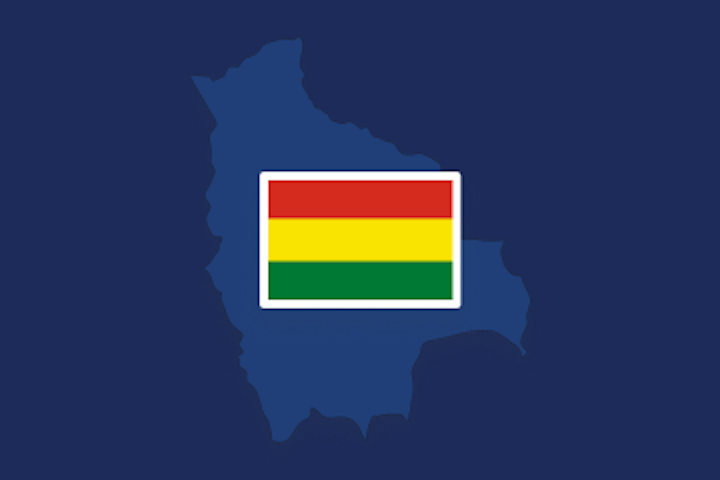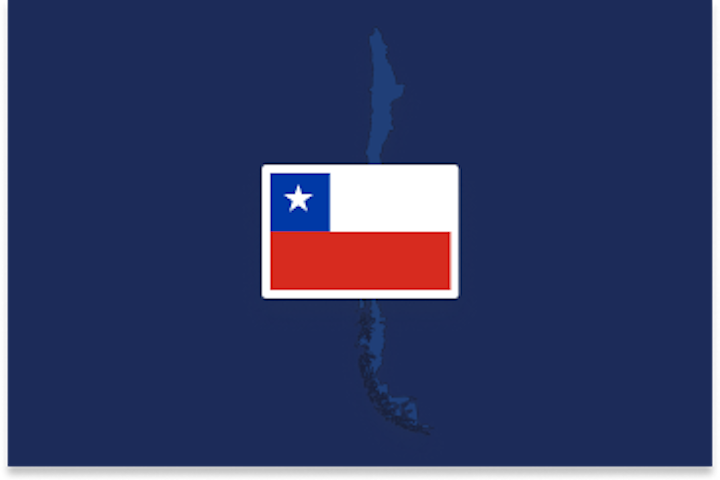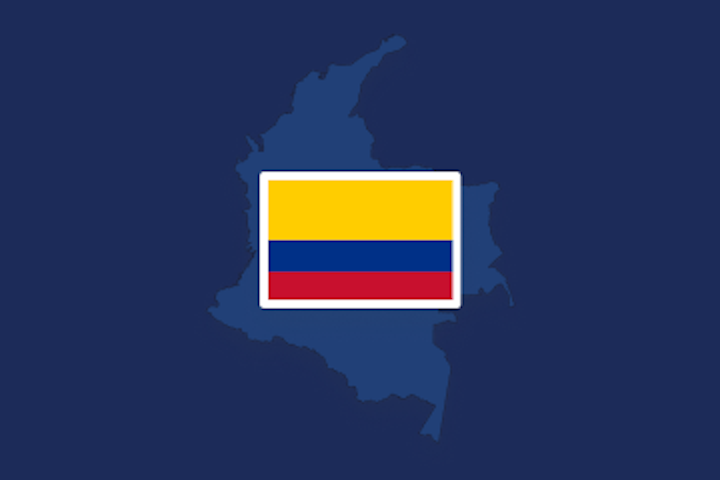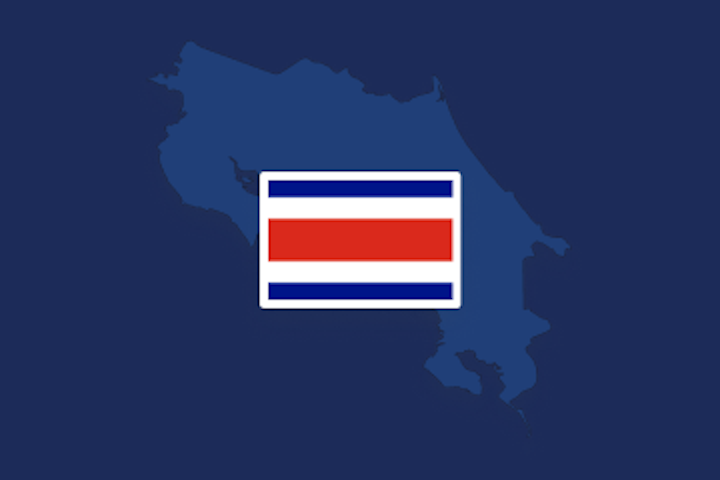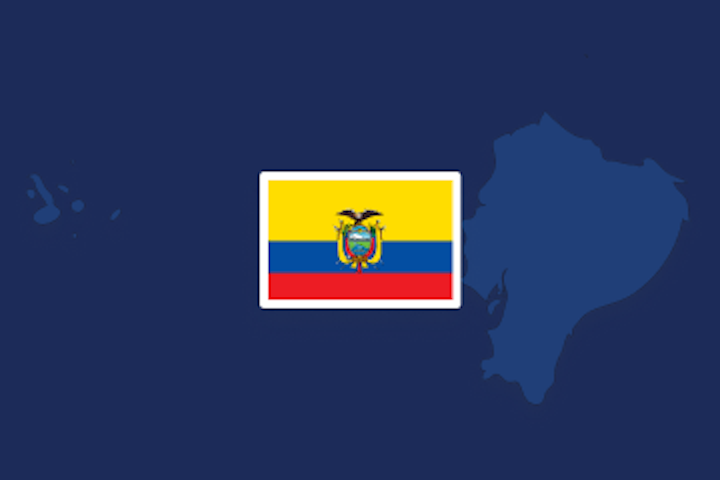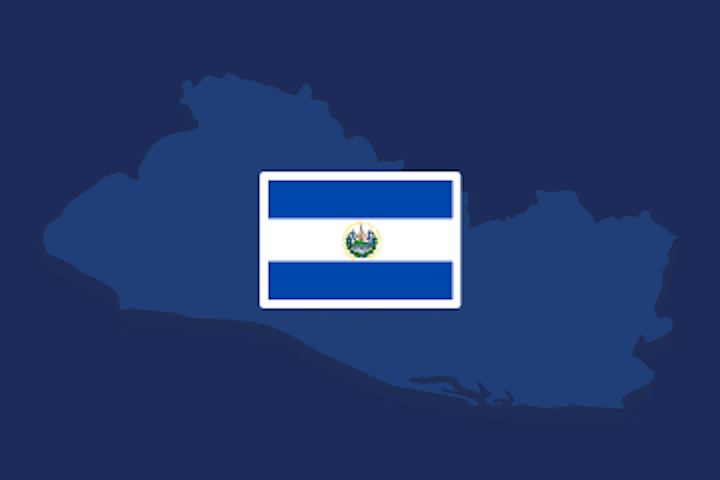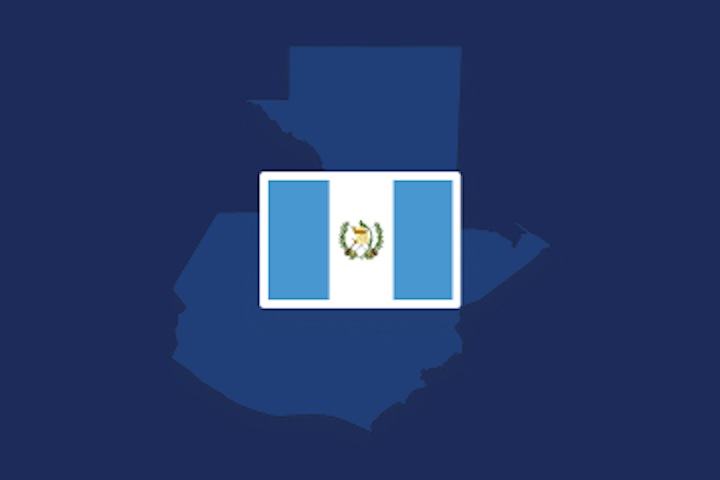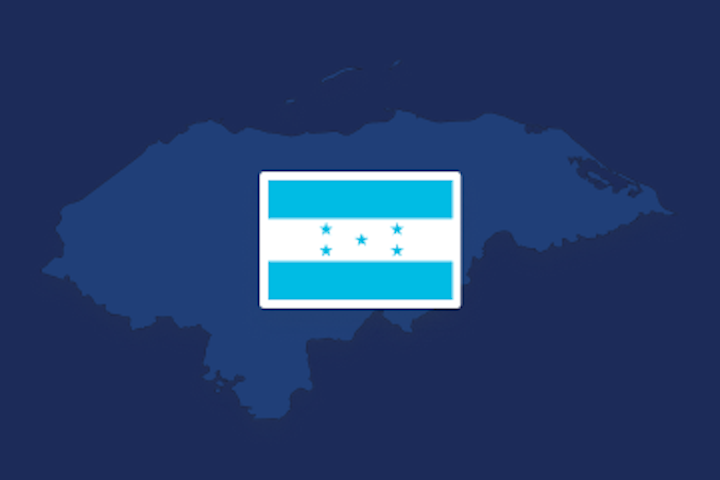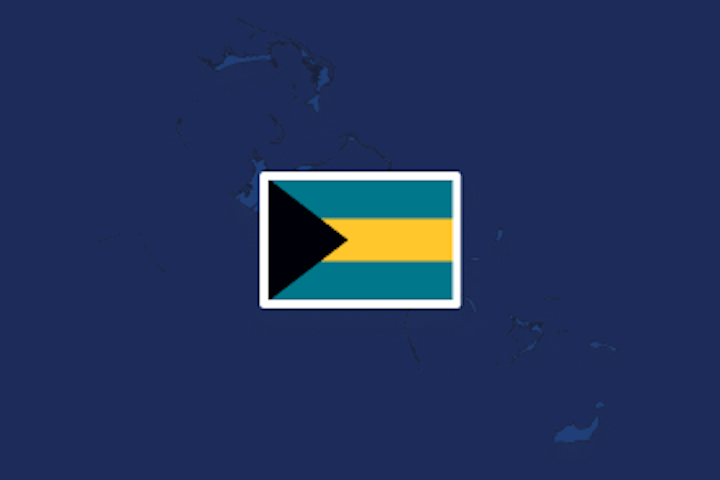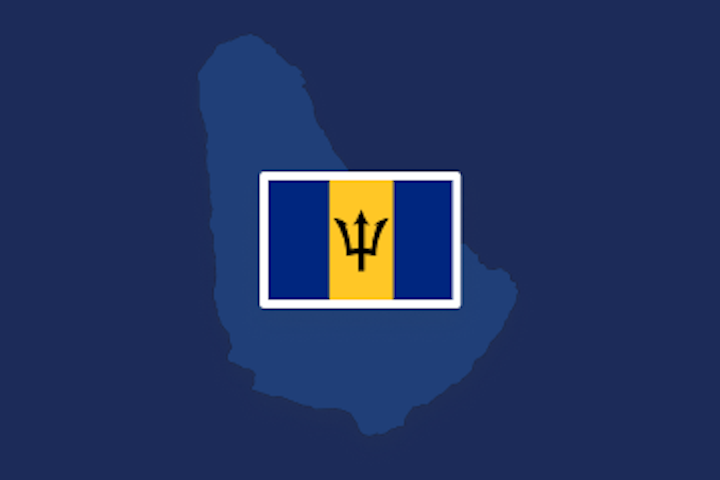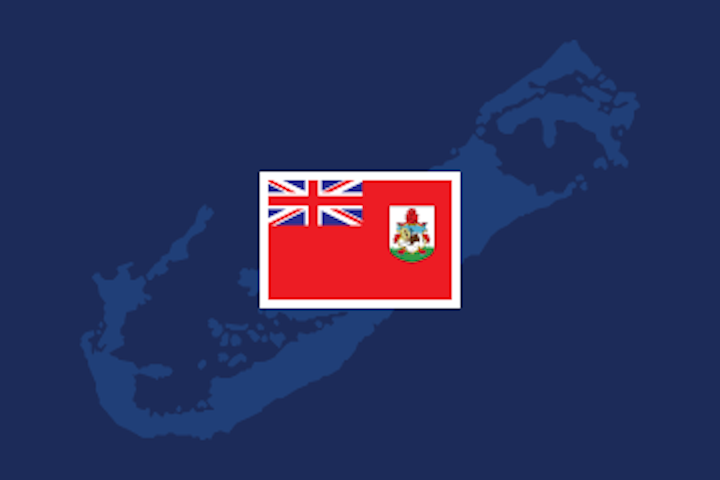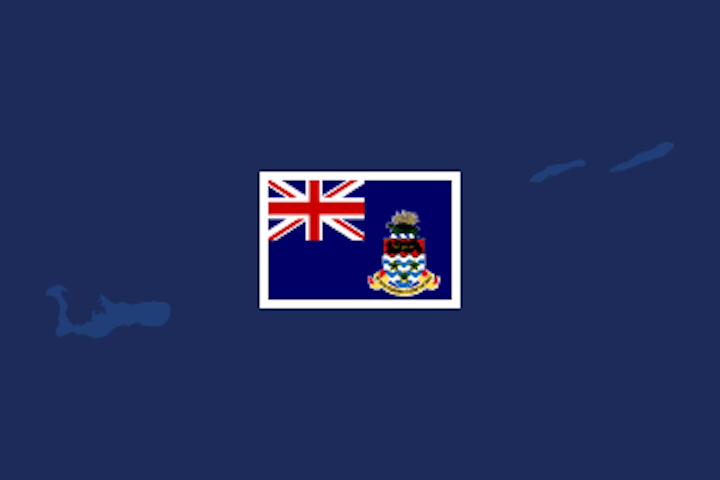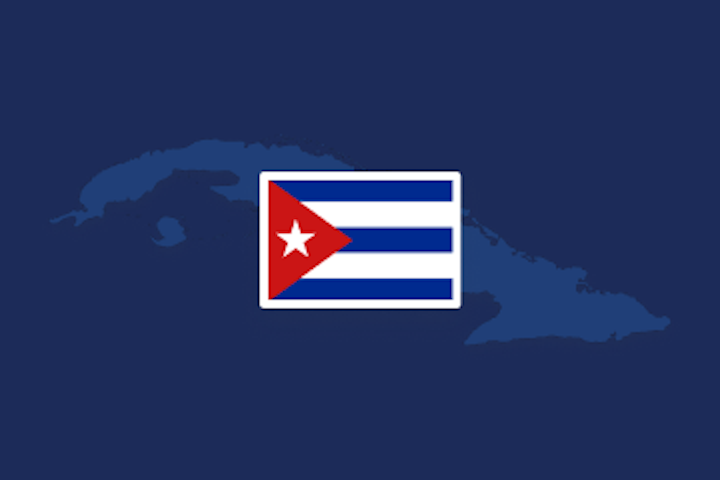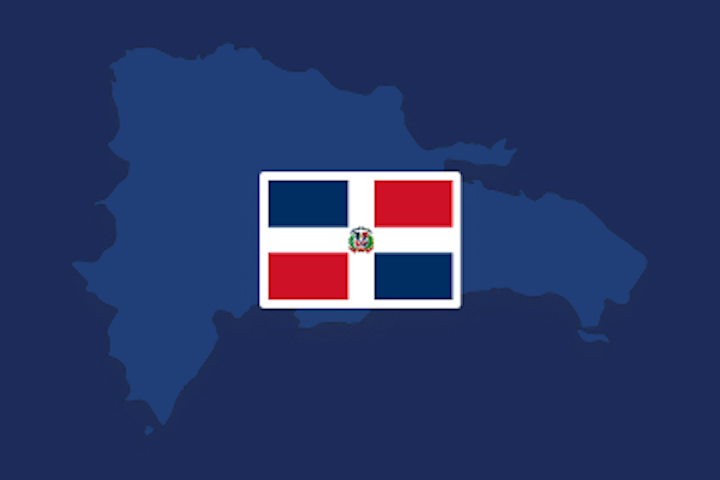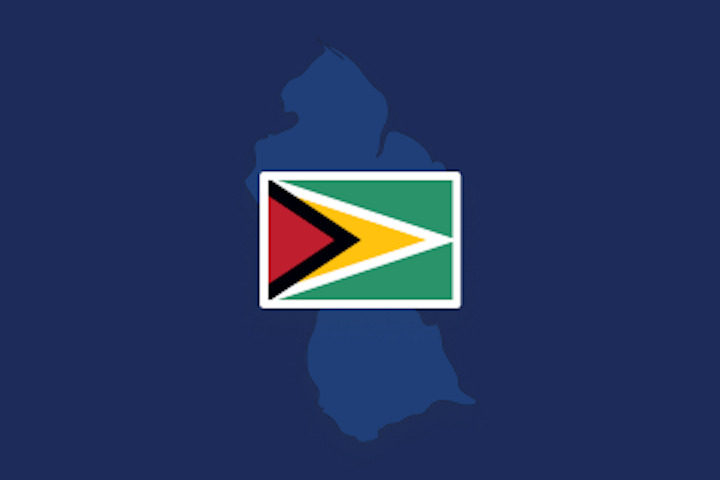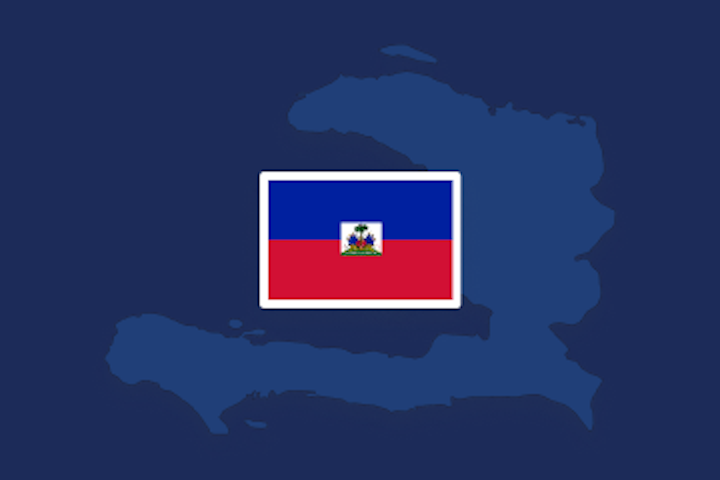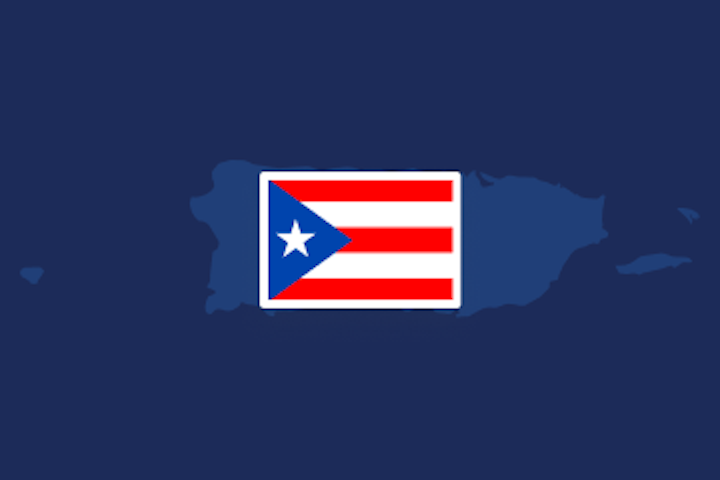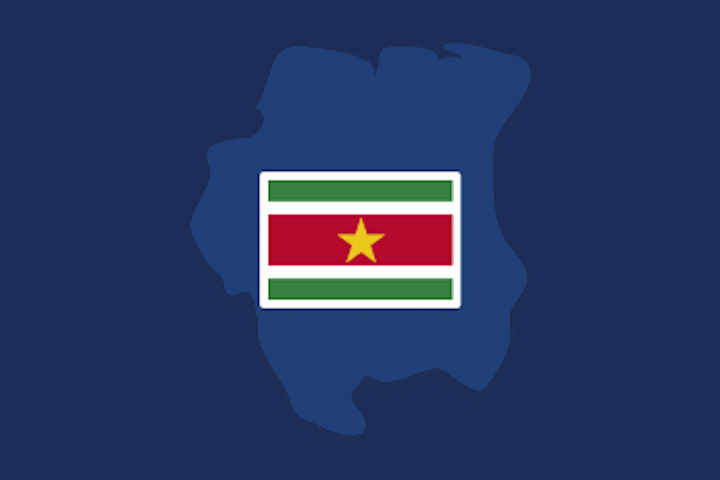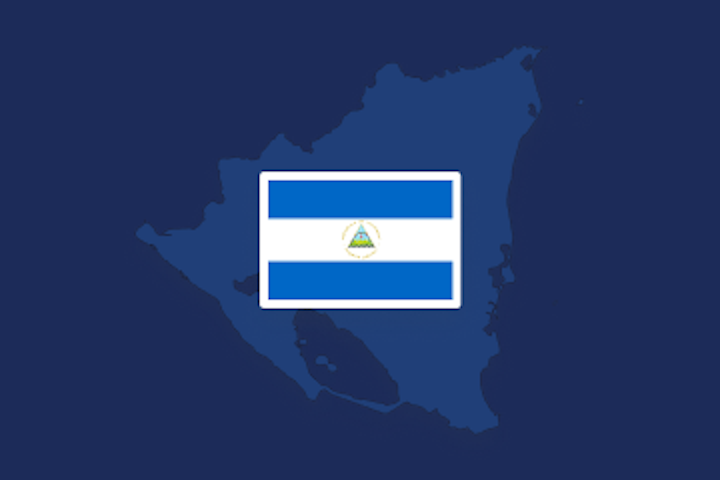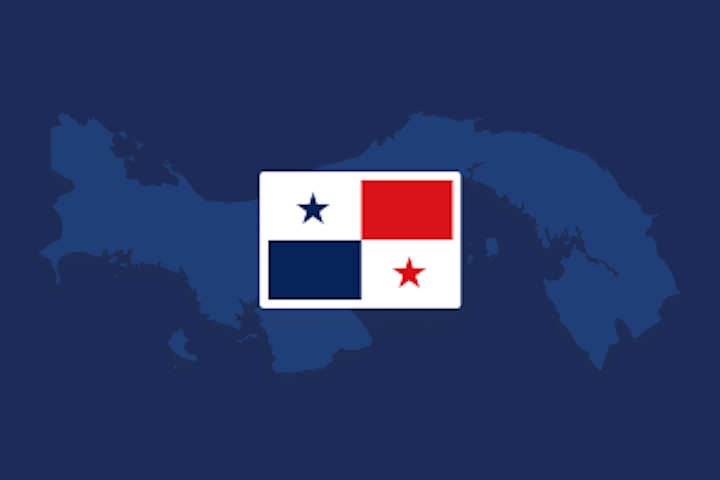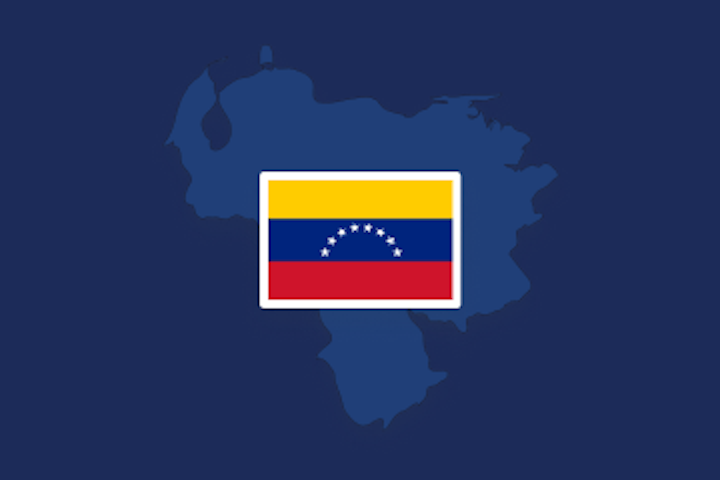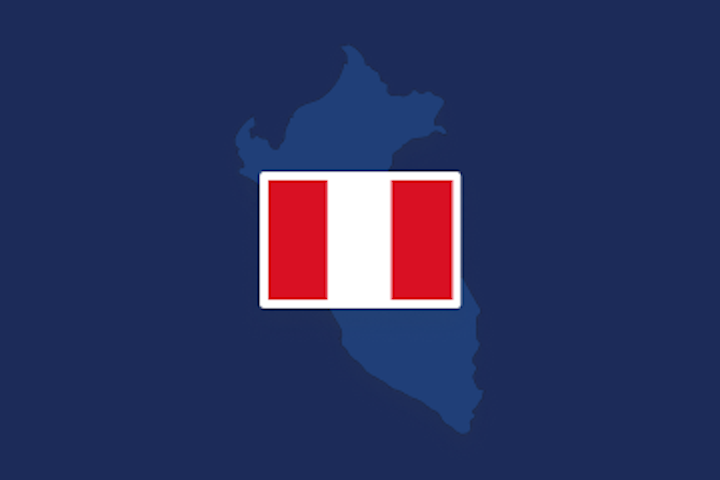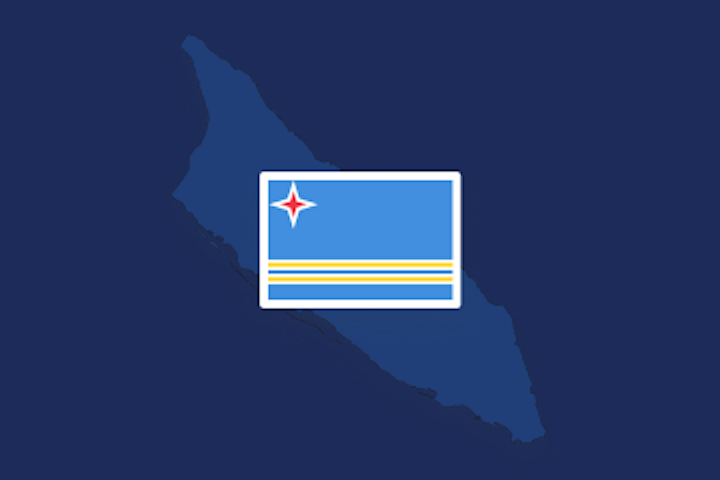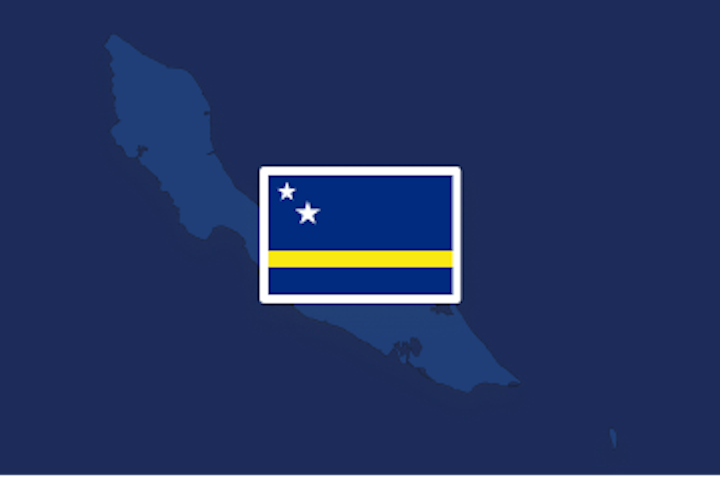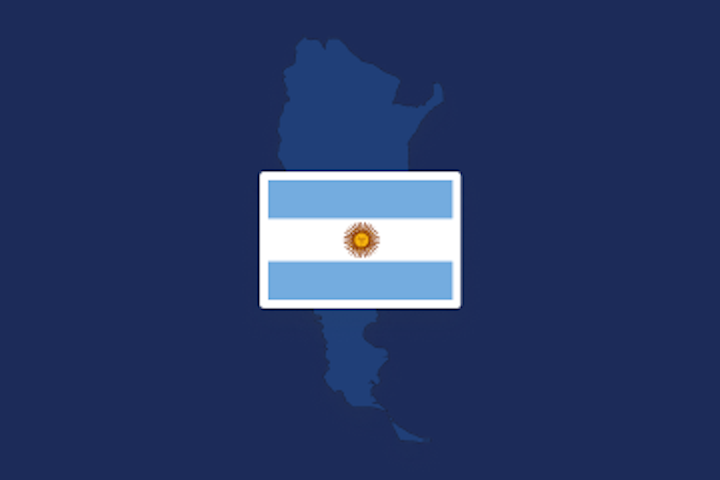
Telephone/Fax: (876) 922 5931
WhatsApp/Cell: (876) 505-8254
Email: shaareshalom@cwjamaica.com
Website: http://www.ucija.org/
Social Media:
Facebook: The United Congregation of Israelites Jamaica - Synagogue Shaare Shalom
Instagram: Shaare Shalom Synagogue
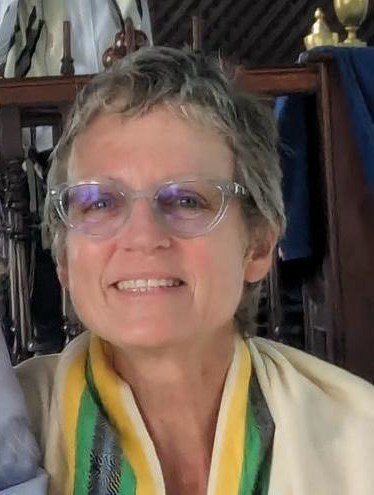
The presence of Jews in Jamaica can be traced back to the island’s early days as a Spanish colony. A number of Portuguese crypto-Jews fleeing the Inquisition began arriving on the island around 1530 and settled in Spanish Town, a city in Jamaica. The Inquisition was not allowed to operate in the new colony of Jamaica, enabling these settlers to practice Judaism, albeit only in secret, but without fear of being tortured or worse. The Jamaican Jewish poet Daniel Lopes Laguna came to the island in the 1660s after escaping from imprisonment by the Inquisition. He went on to write the first book published in Jamaica after the British conquered the island.
In 1665, the British gained control of Jamaica and shortly thereafter permitted Jews to worship in public and later granted them citizenship. An influx of Jewish immigration (mainly Sephardic) to Jamaica from England, Brazil, and other South American colonies followed, and Jewish life began to take off in Jamaica with the development of synagogues, Jewish schools, and Jewish markets. The first synagogue in Jamaica was built in Port Royal prior to 1692. Others were built in Spanish Town in 1704 in Montego Bay, and several were built in Kingston. By 1720, 18% of the Jamaican population was Jewish. At this point, Jamaica was the center of English-speaking American Jewry, not New York.
After the British conquest of the island, Jamaica became a pirate haven for marauders and privateers. Port Royal was home not only to Jewish pirates bearing letters of Marque against Spanish treasure galleons but also to a large non-seafaring Jewish community that economically supported the raids against the Spanish. Some of the most famous (or infamous) Jewish pirates were Moses Cohen Henriques, who led the only successful capture of a Spanish treasure fleet, and Abraham Blauvelt, after whom towns in Jamaica and Nicaragua are named. Although the lives of some Jewish pirates are well documented, much of the modern evidence suggests that Jewish pirates were largely a myth, and the extent of their operation in Jamaica has likely been exaggerated.
In 1671, the non-Jewish citizens of Jamaica petitioned British authorities to expel Jews from the island. Though this was not enacted, anti-Jewish sentiments persisted in Jamaica, and a series of anti-Jewish measures were implemented. In 1693, the island’s officials imposed a special tax on the Jewish community, and by the turn of the century, they were considered second-class citizens in Jamaica due to their status as “Jews.” They were forbidden from using Christian servants, required to work on the Sabbath, and later prohibited from holding public office.
Despite such barriers, the Jamaican Jewish community continued to thrive, increasing in population and commercial success. Jamaican Jews were particularly influential in the sugar and vanilla industries and began to play a leading role in the country’s foreign trade and shipping enterprises. Jewish immigration at the end of the 18th century and beginning of the 19th century from Curaçao and Germany further bolstered the community.
Though Jewish immigration subsided for the time being, the Jewish community in Jamaica was quite successful in the early 19th century, despite its official legal status. During this time, Jews made huge contributions to Jamaican culture and were prominent in Jamaican society. Isaac Mendes Belisario, a Jewish artist, was one of the first to take a Jamaica-centric approach to the island's culture through his art. His painting and printing work provide an eyewitness document of life in Jamaica at the time. Additionally, in 1834, two brothers, Jacob and Joshua de Cordova, founded The Daily Gleaner, which continues to be the most prominent Jamaican newspaper to this day. The Gleaner remains the oldest continuously published English-language newspaper in the Western Hemisphere.
In 1831, Jews on the island were granted full political rights and equal legal status, allowing them to vote in elections and own property. By 1849, Jamaica had a notable Jewish political presence, with eight Jewish members of the House of the Assembly, including the Speaker of the House. Because of the large proportion of Jewish representatives, the House adjourned for Yom Kippur that year.
At the turn of the 20th century, Jews from Syria, Egypt, and Germany arrived in Jamaica. However, Jewish life in Jamaica began to take a downturn as emigration and assimilation began to reduce the practicing population of Jews in Jamaica. As the economic prosperity that the community had experienced in the previous century began to falter, many Jamaican Jews began to leave the island for countries such as England and the United States. As a result of this decline, the Ashkenazi and Sephardic synagogues eventually merged in 1921, after the completion of the Shaare Shalom synagogue in 1912. This synagogue is the only remaining synagogue in Jamaica and is one of the few in the Caribbean to still feature sand floors.
Jamaica achieved independence in 1962, and many Jews began to leave Jamaica due to the political unrest that rocked the island in the 1970s. Today, Jamaican Jewry is small and concentrated. It is estimated that nearly 424,000 Jamaicans are descendants of the Sephardic Jewish immigrants who came to the island throughout its history.
In the years before and during the Holocaust, Jamaica became a haven for almost 1,400 Polish and Dutch Jewish refugees. The American Joint Jewish Distribution Committee (JDC) became aware of the space in the Gibraltar Camp that the British had constructed for the arrival of Gibraltarian and Maltese citizens that were evacuated during the war and soon lobbied the British to accept some Jewish refugees from Europe. Likewise, the Dutch government-in-exile requested that the British temporarily allow Dutch Jews en route to Curaçao. The British agreed to both appeals and began admitting Jewish refugees in 1938. Ultimately, approximately 1400 Jews, primarily of Dutch and Polish descent, were admitted to the Gibraltar camp and housed until the end of the war.
On arrival, Jewish immigrants from Europe were screened to ensure that they were not Axis spies and then placed in the Gibraltar internment camp. It was agreed upon that the Jews entering Jamaica would only be allowed entry for a limited time and that they would need to provide for themselves financially for a minimum of a year (the British crown was not to bear any expenses); the JDC financed almost the entire operation. The Jews who did arrive in Jamaica and were placed in the Gibraltar internment camps were prohibited from looking for jobs while in the country and were not given self-determination. Almost all admitted during this period later left for the United States, England, Holland, South America, and other South American countries.
The island of Jamaica has a Jewish population of just under 200 people. The majority of Jamaican Jews live in Kingston. The Jamaican Jewish community is ethnically diverse, of Ashkenazi and Sephardic descent, and from a variety of countries of origin. Though small in number, Jews are a highly respected minority group in Jamaica.
The United Congregation of Israelites serves as the central Jewish communal body in Jamaica, ensuring that Jewish life is well-structured, supported, and that Jamaican Jews are well-represented. Despite its small size, the Jamaican Jewish community is vibrant, with several communal organizations including chapters of the Women's International Zionist Organization (WIZO) and B’nai B’rith, a home for the elderly, and the Neveh Shalom Institute, which works to protect historical Jewish remains from Colonial Jamaica.
Jewish community events are primarily centered around The United Congregation of Israelites in Kingston and the Chabad in Montego Bay. The community experienced fragmentation over the past several decades, but the appointment of Rabbi Dana Evans Kaplan from 2011-2015 and the rediscovery of Jewish ancestry by many Jamaicans have revitalized the community.
The United Congregation of Israelites hosts numerous community-oriented events, often in the form of Tikkun Olam projects. These include supporting medical staff at a local secular primary school, conducting yearly refurbishment projects for the school, maintaining and rewilding their cemetery, and partnering with assisted living centers to bring programming to the eldest members of the Jewish community.
Historically, antisemitism has not been a significant issue for Jamaican Jews. However, there has been an unfortunate uptick in antisemitic incidents in Jamaica since the October 7th attacks.
There is only one functioning synagogue in Jamaica, the Shaare Shalom Synagogue, which follows a fusion of Sephardi-Ashkenazi rites. The community was recently led in prayer by Rabbi Dana Kaplan, who shifted Jamaican Jewry towards a more Reform tradition. There is also a Chabad that operates out of Kingston.
Shaare Shalom Synagogue offers progressive Shabbat evening and morning services. Evening services take place at 5:00 from February to November and 5:30 from March to October; morning services take place at 10:00 year-round. A visitor’s pass is required to attend services; contact their office by WhatsApp at (876) 505-8254 for more information.
Shaare Shalom Synagogue additionally hosts services for all major festivals except Shavuot. In particular, high holy days are well attended. The synagogue also hosts events such as the Chanukah Olympics, a series of sports and games competitions that take place during Chanukah, and a large Passover seder to which non-members are also invited.
1. Jamaica has a long history of Jewish pirates! Many graves in the Hunts Bay cemetery, the oldest Jewish cemetery on the island, are adorned with a skull and crossbones. Modern evidence, however, suggests that the prominence of Jewish pirates has been largely overstated and that their existence is mostly a myth.
2. Due to the island nation’s past as both a Spanish and British colony, Jamaican Jewry is a unique mix of Spanish-Portuguese tradition and modern British Reform, British Liberal, and American Reform practices.
3. At its height, the Jewish community of Jamaica was the largest community of Jews in the British American colonies, with communities located in Kingston, Spanish Town, Montego Bay, and Port Royal. Even today, as many as 10% of Jamaicans have Jewish ancestry.
4. Jews in Jamaica obtained full political rights in 1831, a year before their English counterparts and two years before their Canadian counterparts; both of the later movements took inspiration from the Jamaican Jewish movement in their demands for emancipation.
5. Jews were so prominent in Jamaican society in the 19th century that in 1849, the House of Assembly, the Jamaican colonial house of parliament, did not gather on Yom Kippur.
Kosher food can be found in Montego Bay through the Chabad. There are delivery options, as well as a Kosher Hot Spot where meals can be picked up. In Kingston, the predominance of vegetarian restaurants makes kosher dining possible.
The United Congregation of Israelites runs a Jewish day school, the Hillel Academy, that includes both elementary and high school levels as well as a Hebrew school. The congregation additionally offers online Hebrew lessons, an education program for younger kids called STAR Club, and a B’nei Mitzvah program.
There are some Jewish youth-oriented activities offered by both the United Congregation of Israelites and the Chabad. These activities are primarily oriented around educational programming.
There are no official Jewish newspapers in Jamaica; however, the United Congregation of Israelites publishes a monthly newsletter detailing information about events at both the Shaare Shalom synagogue and throughout the Jewish community.
There are a number of notable Jewish sites in Jamaica, including the ruins of synagogues throughout the country in cities such as Kingston, Spanish Town, Port Royal, and Montego Bay. The ruins of Jewish-owned rum distilleries and plantations are also of interest, as are the nearly 21 Jewish cemeteries across the island. In Kingston, Synagogue Shaare Shalom, the Jewish Heritage Center, and the Jewish Cemetery are all open to visitors. Contact their office by WhatsApp at (876) 505-8254 for more information.
In October of 2016, Jamaica refused to attend a UNESCO vote that ignored Jewish ties to the Temple Mount in Jerusalem. In January of the next year, the Jamaican prime minister, Andrew Holness, became the first Jamaican PM to visit Israel since the establishment of diplomatic relations between the two countries. In 2017, Jamaica abstained from voting on resolution ES-10/19, which declared the status of Jerusalem as Israel’s capital “null and void."
On October 7, 2023, a few hours after Hamas launched its deadly assault on Israel, Holness was among the first world leaders to respond. He tweeted, “The Government of Jamaica condemns in the strongest terms the attack by the Hamas group on Israel, resulting in the deaths, injuries, and abduction of Israeli civilians. We convey our sympathies to the government and people of Israel and to the families of all those affected. Jamaica firmly believes that the use of violence and terror has no place in international relations and should never be used against innocent civilians. We call for a cessation of hostilities, a return to peace within internationally agreed guidelines, and the pursuit of diplomatic solutions.”
On October 27, 2023, Jamaica was marked absent in a UN general assembly vote to call for a “humanitarian truce” between Israeli forces and Hamas militants in Gaza.
In April 2024, Jamaica officially recognized Palestine as a state under the stewardship of the Palestinian Authority, citing that “Jamaica continues to advocate for a two-state solution as the only viable option to resolve the longstanding conflict, guarantee the security of Israel, and uphold the dignity and rights of Palestinians.”
Israel and Jamaica have maintained full diplomatic relations since Jamaican independence in 1962. Israel is represented by its ambassador in Santo Domingo, Dominican Republic. This post is currently held by H.E. Daniel Biran Bayor.
Embassy of Israel in Santo Domingo, Dominican Republic:
Pedro Henriquez Urena, 80
Apartado Postal 1404,
Santo Domingo
Telephone: (+1 809) 920 1500
Fax: (+1 809) 472 178

